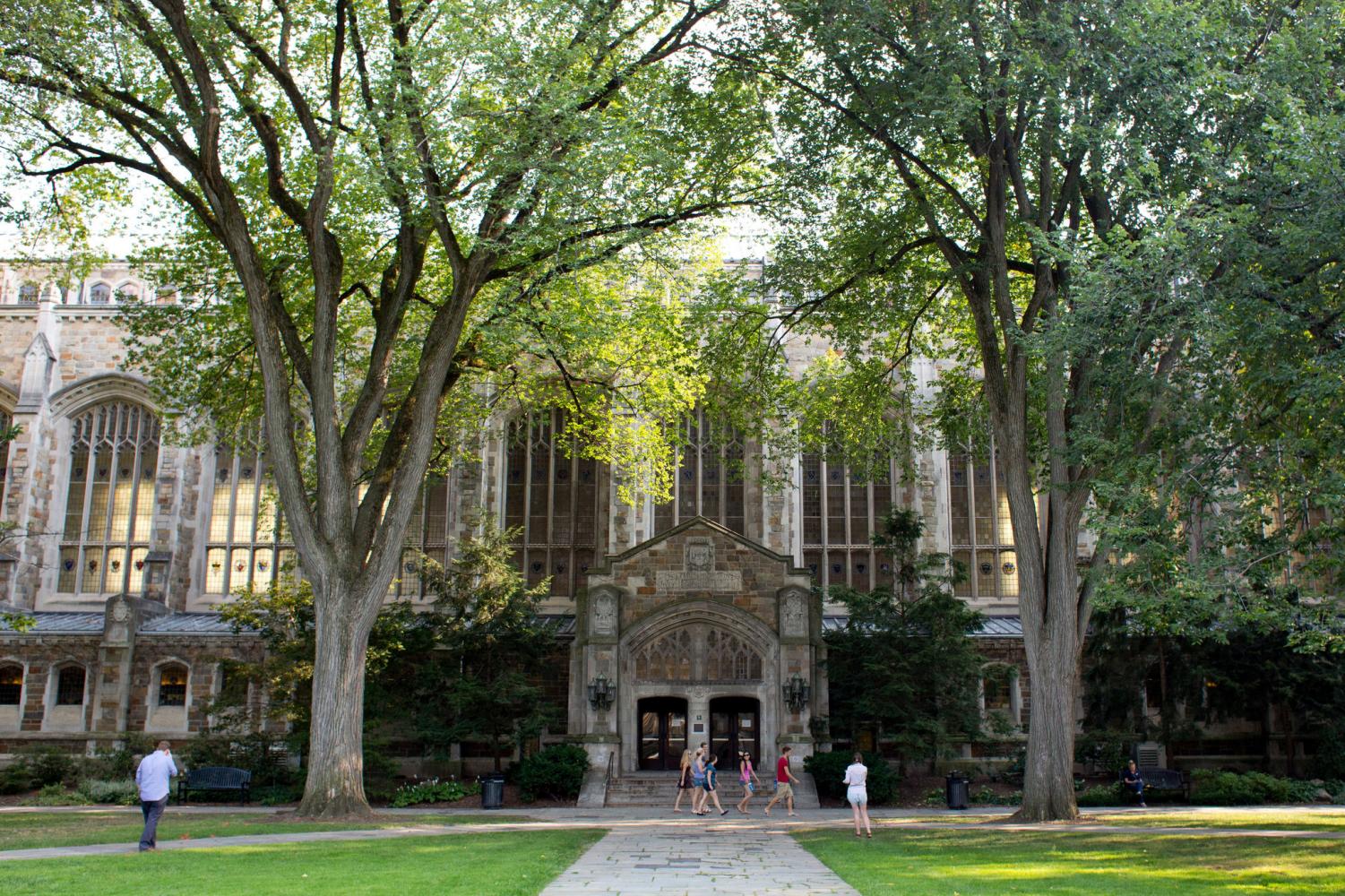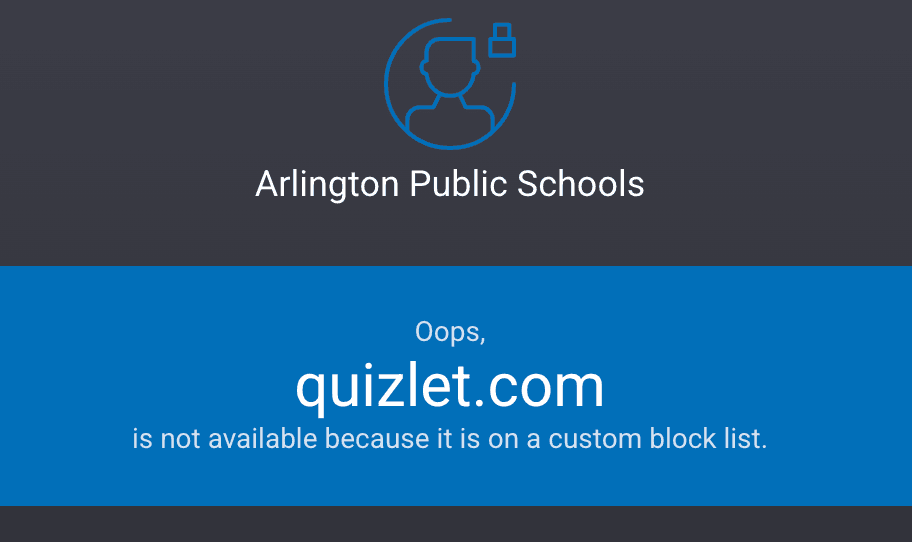As coronavirus cases rise and unemployment rises with it, uncertainty is starting to settle in for many soon to be college-bound students. The existing class divide in the American education system is starting to become glaringly obvious. The disparities between low-income and middle-class families when it comes to accessing higher education are increasing at an unprecedented rate. While low-income students have always had a disadvantage when applying to college, the untimely arrival of the coronavirus has left many financially unstable students stuck between a rock and a hard place when it comes to planning for their future.
With the stock market meltdown and the slow and steady decline of the economy, the hefty price tag of higher education is becoming unbearable for more and more Americans. The country has been inching towards this point for decades. However, this pandemic has catalyzed a rapid descent, leaving the class of ‘20 and ‘21 as the biggest losers. This means a significant number of families will require financial aid, yet fewer universities will be able to assist. Their endowments are getting struck hard with no relief in sight. Schools all over the country are facing substantial budget deficits, like the University of Michigan which predicts it will lose almost $1 billion. State governments are seeing a plunge in revenue and fiscal stimulus and have been unable to provide aid to colleges. This means a record-breaking amount of incoming college freshmen will have to rely on federal loans.
According to a survey conducted by the Citizens Financial Group, nearly 30 percent of high school juniors are facing a drastic change in post-graduation plans. This change may come to fruition in several different ways, including the introduction of gap years. The uncertainty of whether or not physical classes can resume in the fall has left students unwilling to dish out thousands of dollars for online schooling. Universities that have guaranteed remote learning for the fall semester have not announced a decrease in tuition cost either, leaving students rightfully apprehensive. In fact many college tuitions are set to increase; in the case of the California State University system, students will see about a 3% increase in tuition costs. Remote learning has not demonstrated the same quality as in-person classes, therefore paying full price tuition does not seem logical to many students.
For some, college is completely out of the picture. While this is not a likely path for many, almost 10% of the surveyed juniors reported higher education is no longer feasible in the immediate future. This is due to the increase in the necessity for able-bodied students to go straight into the workforce to support their families after financial hardships caused by the pandemic. Moreover, students who become breadwinners for their households are less likely to continue their education according to the University of Chicago Ph.D. student Bridgette Davis.
However, skipping higher education is already more common for low-income populations. The National Center for Education Statistics estimates approximately 70% of high-income students will acquire a college degree, but only 14 percent of low-income students will have a college degree within six years of graduating high school. With the total of unemployed Americans soaring above 22 million in early May, these statistics will remain stagnant at best.
These circumstances will leave many graduating high schoolers with a choice: a low wage from nine to five or crippling debt. While neither choice is particularly glamorous, it will soon become a reality for many.







































